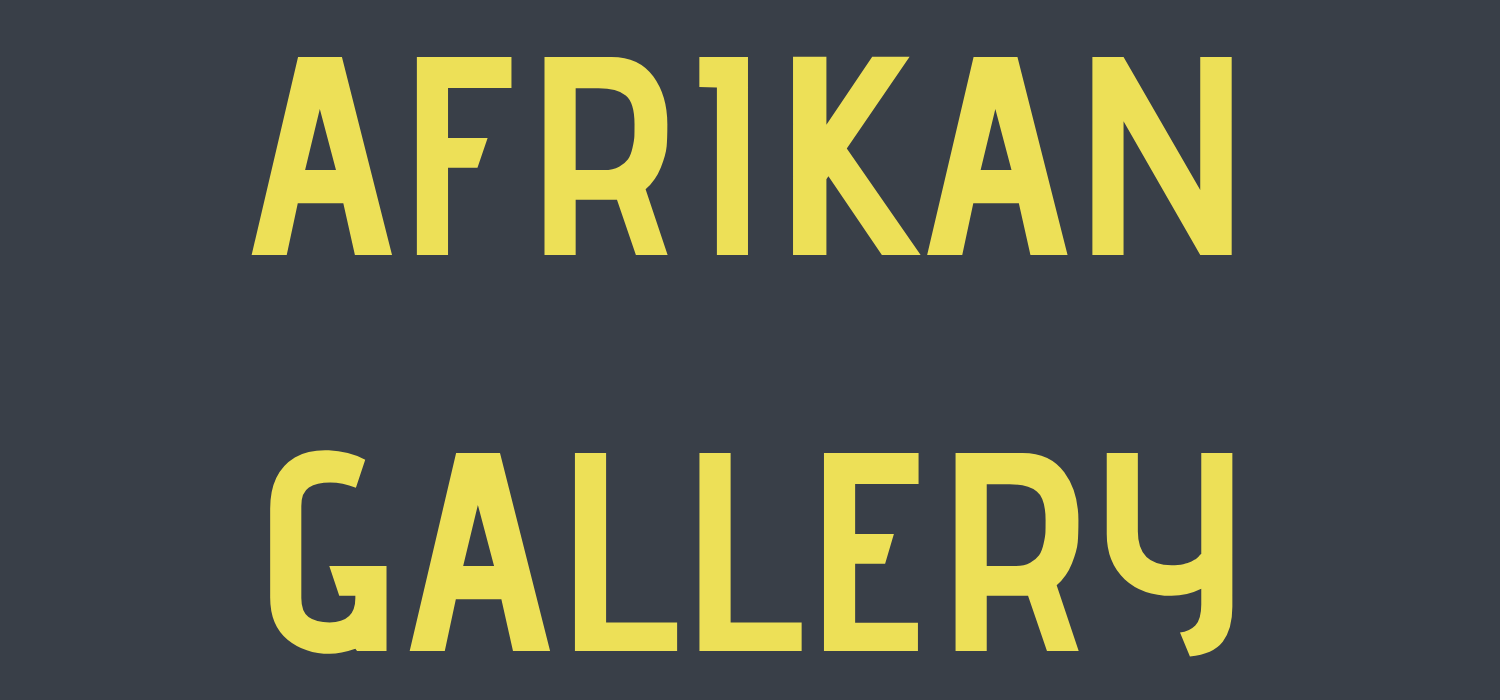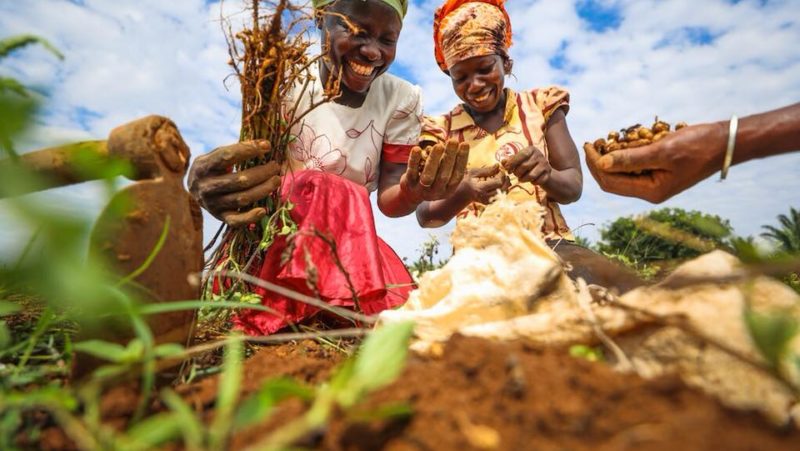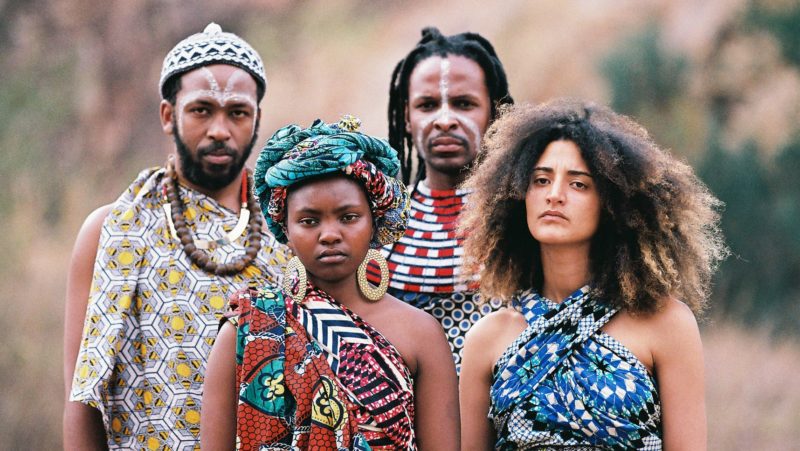Today we are interviewing Kidus T Tesfaye, a street photographer who creates beautiful images of his home country, Ethiopia. Through Kidus’ lens, the women of Ethiopia take centre stage. Continue reading to find out more about Kidus’ work, how he uses photography to aspire for social change, and his advice for young photographers!
AG: How did you get into photography?
Kidus: There was really no defining moment in my life that unfolded photography and film making. As a child, my father took quite a lot of photographs of my brothers and I and landscapes. He would also take footages of videos. I picked up the interest and learned a thing or two from watching him do his thing. Then I eventually started asking questions and I got into photography. But turning 20, I decided to own a DSLR camera and so I did. At the age of 21 I signed my self up with a film school here in Addis Ababa. Things have been moving at a rather quick pace ever since then.
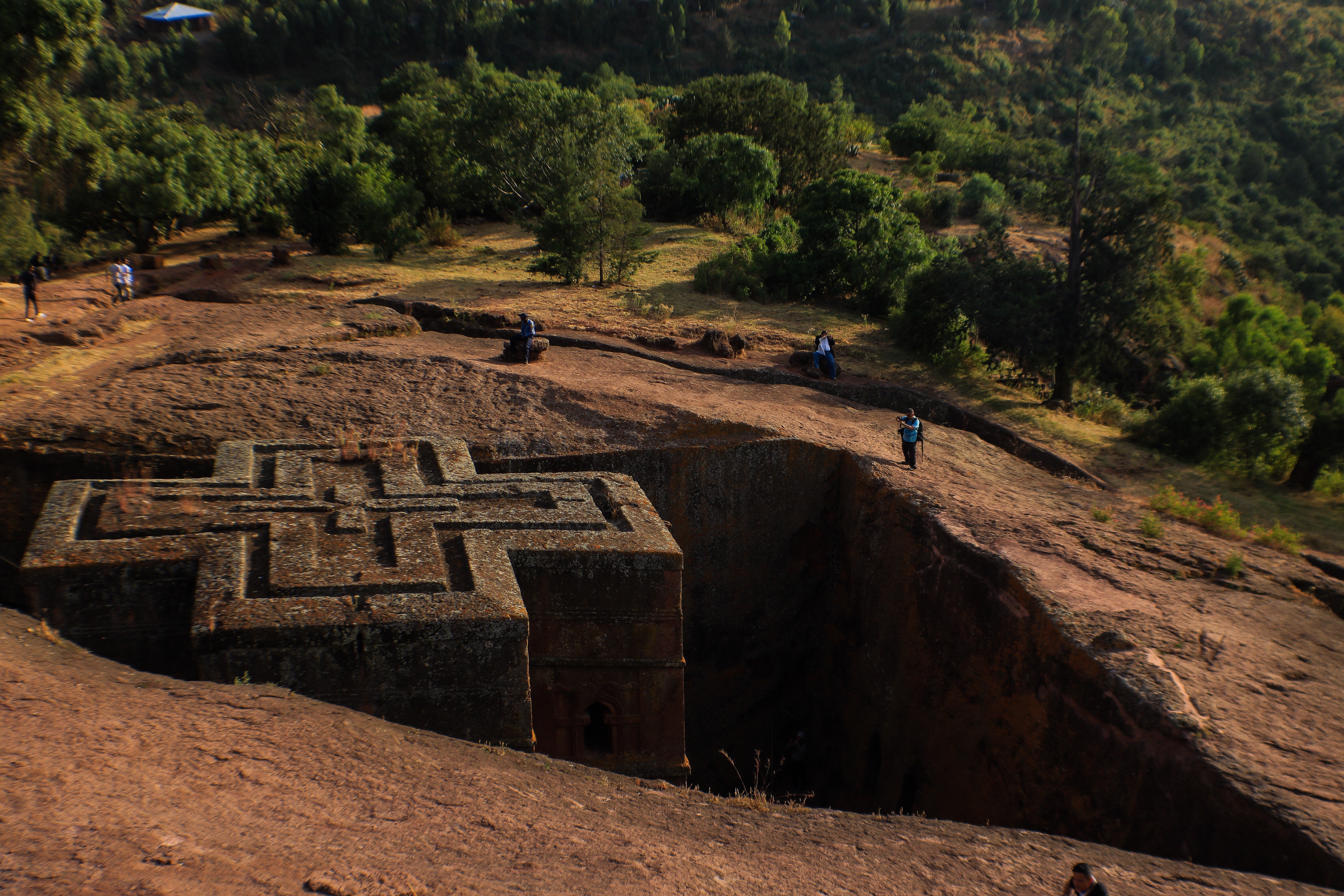
AG: How do you think your work represents your country/community? How does street photography highlight the beauty of your local area?
Kidus: Being born and raised in Addis Ababa, Ethiopia, I have always been told of ancient civilizations in Northern Ethiopia and colourful and unique people in the south. I thought about documenting places and people in Ethiopia with photography. That is what I am currently up to. My recent visit was Harar after Afar and Tigray region. I have went on a road tour to quite a lot of towns and cities in Southern Ethiopia. Ethiopia is a big country with a little over 81 ethnic groups with different approach towards life and languages. Being a tourist in my own country has helped me see my people and their way of life and I’ve obviously documented that. So, my work really goes deep in the core of my people and society how ever different they may be and bring them up united as a whole tapestry.
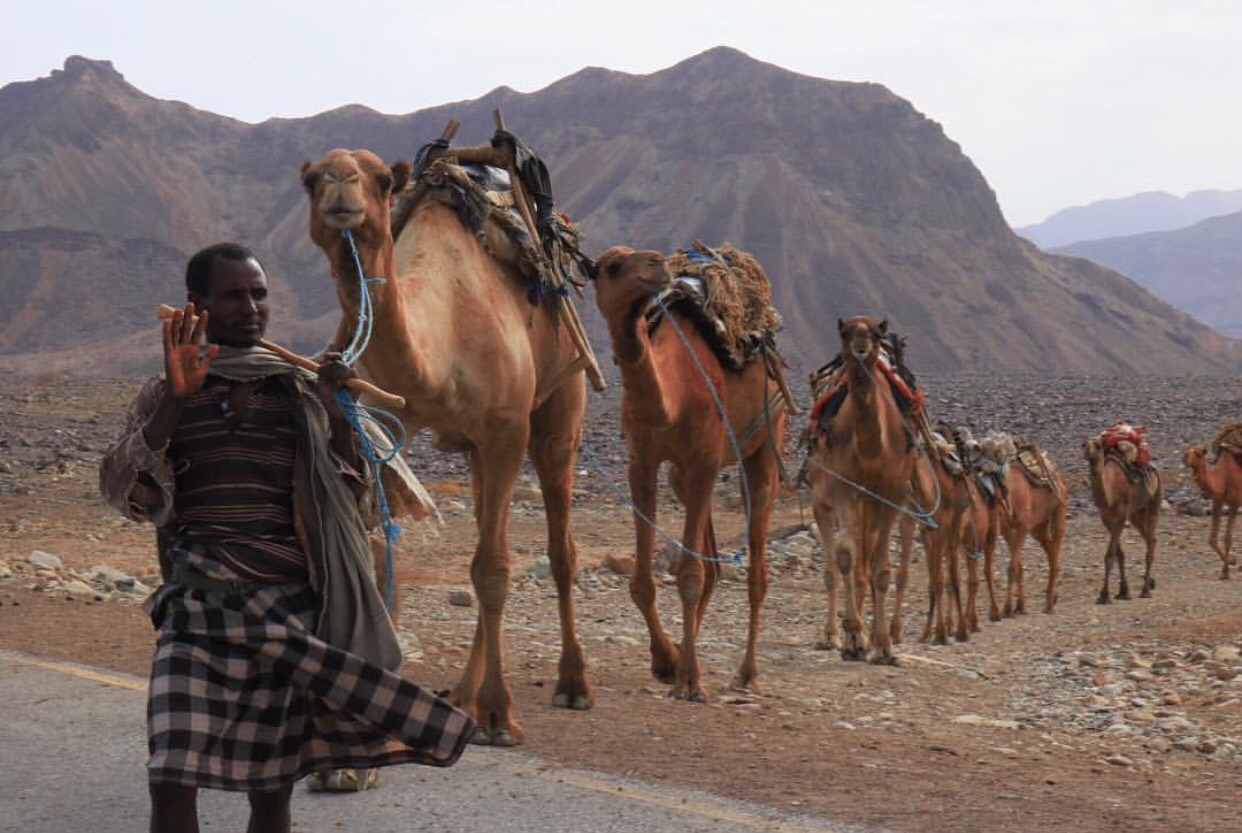
AG: One of your photo series focuses on the women of Harar. What made you decide to focus on this subject?
Kidus: The old town of Harar is a historic colourful place. Its women so regal! But Harar too, like many other societies, burdens its women with just hard labour and home chores. I’ve learned that women there are only up to stereotypical “tasks-for-female” activities. Being a feminist myself, I decided to address that in my very own way.
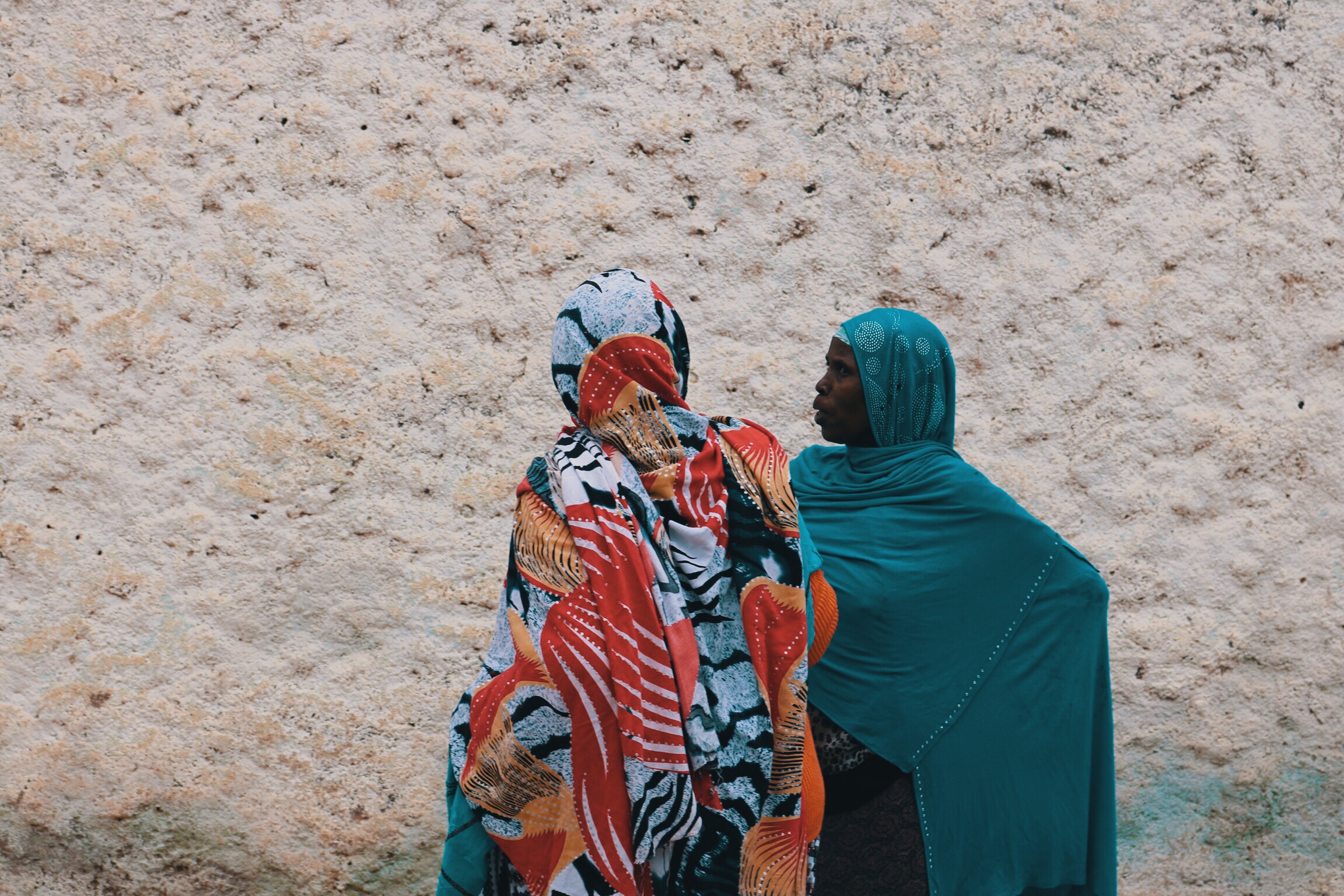
AG: You mention that women in Harar do not receive the empowerment they deserve. How do you hope to use photography to address this issue?
Kidus: My series utterly focused on them for the sole reason that I wanted to display them standing out. I photographed and published only women so people and society can see that, Harari women, with their vibrant dresses, are distinctive and original to their town and that they deserve attention and care and lifting. It was my idea of empowering them and bringing them up digitally.
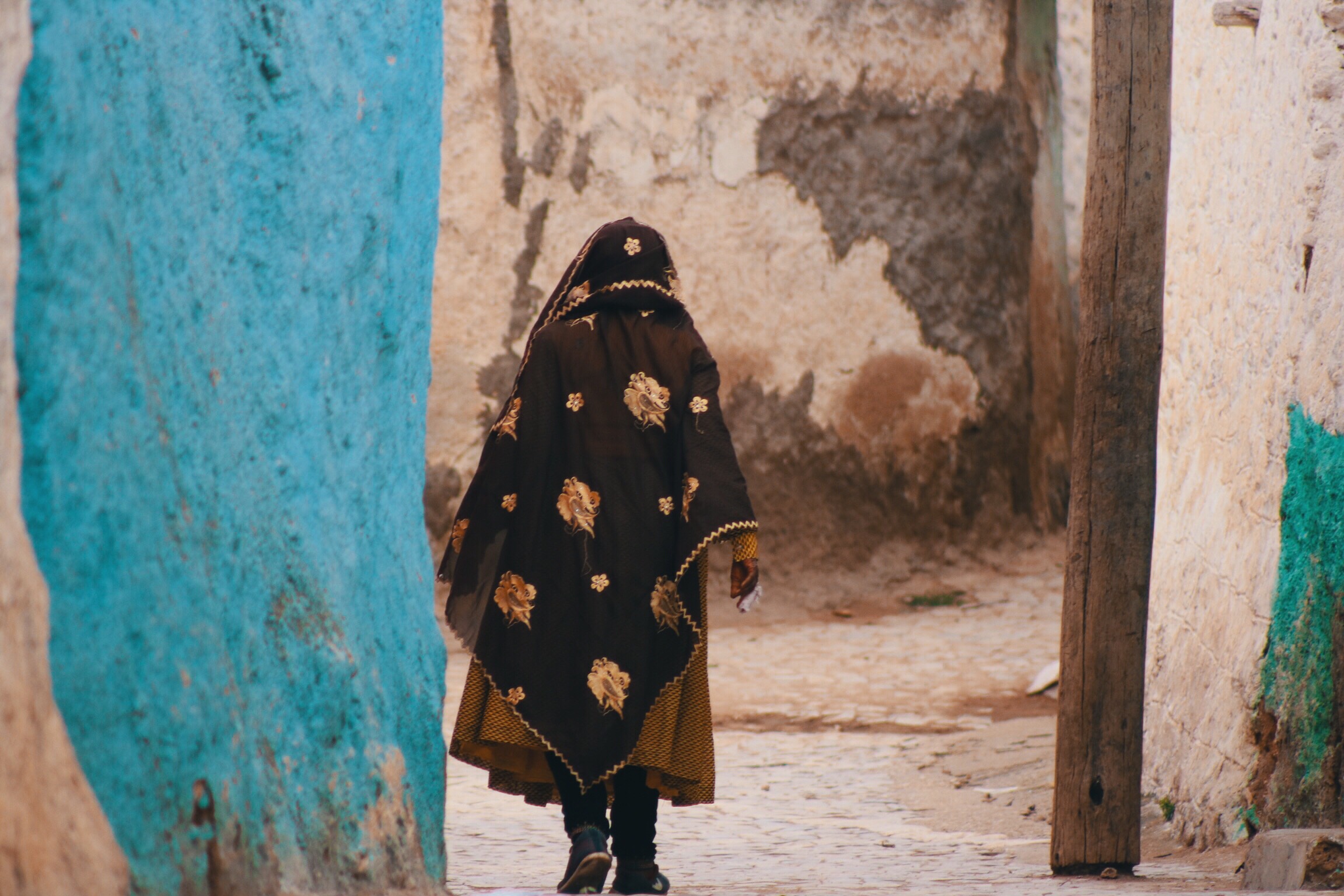
AG: What advice would you give to photographers hoping to implement social change through their work?
Kidus: As photographers, we can primarily seek out problems and unjust, capture it and bring it about the surface using whatever platform at hand to educate and inform. I’d say change never really comes over night. Real change, the change we so strive to see in our communities is progressive.
A big thank you to Kidus T Tesfaye for sharing his work with us today!
